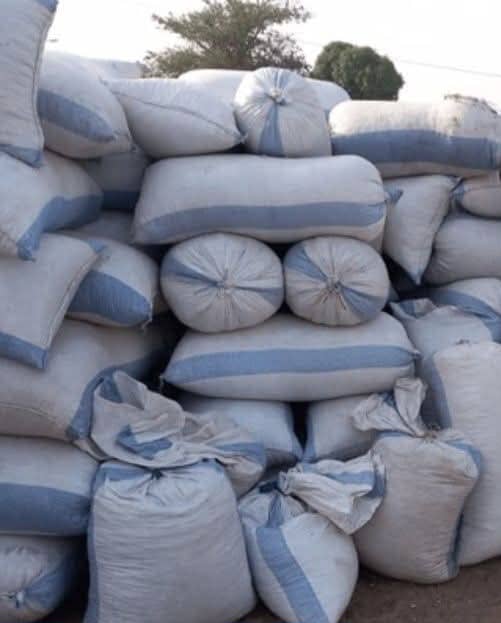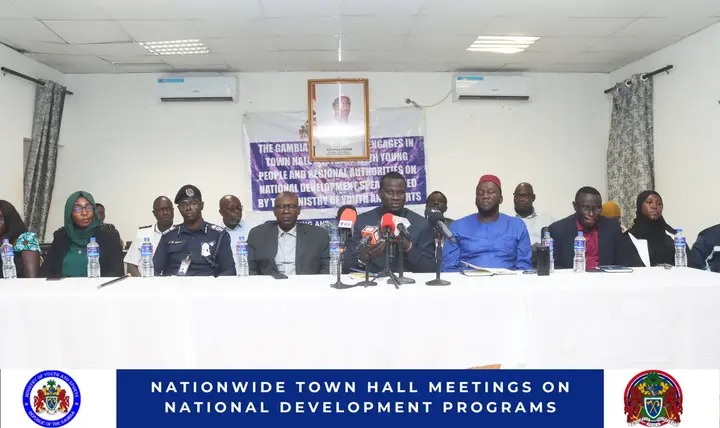On Friday 12 July 2024, the Economic Community of West African States (ECOWAS)
Court of Justice issued a landmark decision in a case of enforced disappearance in The
Gambia during the regime of former Gambian President Yahya Jammeh, by which it found
that the Republic of Ghana violated the right to information, as guaranteed by article 9 (1)
of the African Charter on Human and People’s Rights of 27 June 1981 and article 19 (2) of
the International Covenant on Civil and Political Rights.
The ECOWAS Court also ordered the Ghanaian Government to release to the Plaintiff, no
later than four months from the date of service of its Judgement, documentation and a
videotape in its possession in relation to that enforced disappearance, including the 2009
joint UN/ECOWAS investigation report, the Ghanaian coroner’s/pathologist’s report on the
bodies returned by The Gambia to the Republic of Ghana in 2009 and a report on the
disbursement of the money paid by The Gambia to Ghanaian families. In particular, the
Court found that the release of these documents “could enhance the transparency
regarding the killing or disappearance of some Ghanaians” in The Gambia and “shed light
on how the Government of Ghana handled the resulting issues, particularly for family
members of the victims” like the Plaintiff.
The complaint before the ECOWAS Court had been filed by Isaac Mensah, son of Peter
Mensah, and 23 other members of his family, with the support of the African Network
against Extrajudicial Killings and Enforced Disappearances (ANEKED) in November 2020,
suffered by his family as a consequence of his enforced disappearance.
Peter Mensah, a Ghanaian citizen, had been abducted and subjected to enforced
disappearance by Gambian police and security forces, including the “Junglers”, a death
squad allegedly under the direct control of former President Jammeh, alongside at least 67
other Western African migrants, including at least 50 Ghanaians but also Nigerian,
Senegalese, Ivorian, Sierra Leoneans and Togolese citizens, in The Gambia in July 2005
while they were attempting to migrate to Europe.
Since 2018, Isaac Mensah – who was only 13 years old at the time of his father’s
disappearance – has tirelessly tried to discover the truth about the fate of his father. In
October 2019, he sought from the Ghanaian Government specific documentation related to
the disappearance of his father, including the report of the 2009 joint UN/ECOWAS
investigation team on the disappearance of the West African migrants in The Gambia. That
report had been handed over to the Ghanaian Government, but it was never publicly
released and the Ghanaian Government never informed victims’ families about the results
of the investigation, the content of the report or the fate of their missing relatives. The
Ghanaian Government also never responded to Isaac Mensah’s October 2019 request nor
provided the information he had sought. Like the families of the other West African migrants and of all those who disappeared
during the Jammeh’s regime, Isaac Mensah cannot carry out a befitting burial for his father and properly mourn him without his remains.
The families are still waiting for justice. As recalled by the World Organisation Against Torture (OMCT), “the level of anguish and suffering inflicted on family members has repeatedly been considered by the medical, psychological, and legal community to be serious enough to meet the threshold of the definition of torture”.
The OMCT had submitted an Amicus Curiae brief to the ECOWAS Court in support of the Plaintiff, which the ECOWAS Court commended and which the Court declared, would be used in other cases.
Until the Gambia Special Accountability Mechanism is set up, the “Junglers” Malick Jatta
and Omar A. Jallow, who admitted, in July 2019 before the Truth, Reconciliation and
Reparation Commission (TRRC), their involvement in the enforced disappearance and
execution of the missing West African migrants on the orders of former President Jammeh,
as well as all the other perpetrators of these crimes, will continue benefiting from impunity.
Jammeh’s 22-year rule was marked by systematic oppression, widespread human rights
violations and crimes against humanity, including torture, murders, enforced
disappearances, and sexual violence against thousands actual and perceived
opponents. However, the victims still await justice. Many victims have already passed
away and countless victims continue to live with life-long injuries from the violence, while
those responsible for their trauma live freely in their communities and have not been held accountable.


.jpeg)



